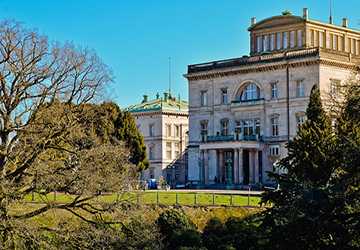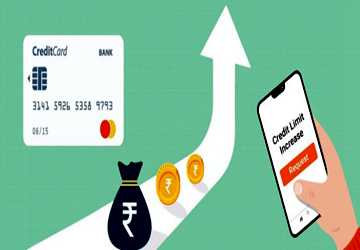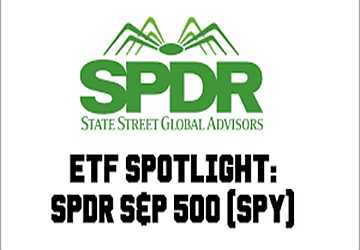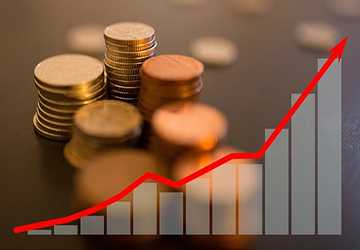Is a new recession on the horizon for the US?
Author: Charles Ouko
Americans are reasonably concerned about their financial future and the status of the US economy, given the slumping stock markets, high inflation, and protracted standoff in Russia's war in Ukraine.

The stock market had its largest decline in two years as major retailers admitted that higher pricing was harming their bottom lines. Wall Street analysts are also raising the red flag, and an increasing percentage of CEOs and small company owners are predicting a downturn later this year.
While certain indications point to the economy's continued stability, other ones predict problems. Here are the opinions of experts on the possibility of a recession.
What causes economists to worry?
As US imports increased and exports decreased in the year's first three months, the GDP unexpectedly contracted.
Worse still, the retail sector is already feeling the effects of the most devastating inflationary wave in decades. Industry heavyweights Target and Walmart released poor financial results, blaming lower profit margins on rising shipping, food, and gasoline expenses. Both companies reduced their annual earnings projections. Amazon announced its first operating loss in seven years, yet another indication that buyers are cutting back.
Wealthy individuals are removing their money from equities and storing cash as financial markets decline to lower their risk exposure. According to a recent Bank of America study of investment fund managers, the percentage of cash in their portfolios is the highest since the September 11th attacks. In addition, the Wells Fargo Investment Institute advises investors to invest in utilities, considered more solid assets, since it anticipates a recession sometime in the upcoming year.
Tech businesses that went on a staffing rampage in the previous two years are unexpectedly rethinking their recruiting plans as technology stocks lead the general market lower. So while Netflix, Robinhood, and Peloton are firing staff, Meta, Twitter, and Uber have halted or stopped hiring.
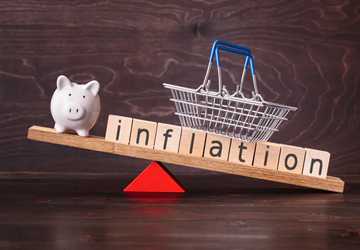
What may trigger a recession?
One significant worry is that the Federal Reserve would raise interest rates too quickly and to high levels, which would stifle economic expansion.
Rising interest rates reduce inflation by making borrowing money more expensive, which drives up consumer spending costs (particularly on expensive products like homes and vehicles) and makes it more expensive for companies to expand and recruit new employees. However, if the Fed mistakes, rapidly increasing interest rates might halt growth and trigger a recession.
They will have to increase interest rates since inflation will be greater. As a result, the economy will slow down, and we may have high inflation and low growth if the Fed overreacts, harming economic activity.
The likelihood of a slump is increased by global interruptions brought by Russia's war in Ukraine.
The US will suffer if there are shortages of agricultural goods or raw materials due to the destruction of the Ukrainian crop by the conflict, Russian export restrictions on grains, or China's zero-COVID policy, which prolongs the disruption of the Chinese economy.
Stagflation
High consumer prices may also hinder economic expansion, leading to a scenario known as "stagflation" when prices grow faster than enterprises' capacity to grow. That may result in sustained inflation combined with the worst outcomes for the economy, including slower hiring and increased economic activity.
The prospect was hinted at by Treasury Secretary Janet Yellen, who noted that food prices worldwide have risen to all-time highs.
The world economy is in a difficult and unreliable state. Higher energy and food costs are having stagflationary consequences, which means that they are lowering production and expenditure while increasing inflation globally.

